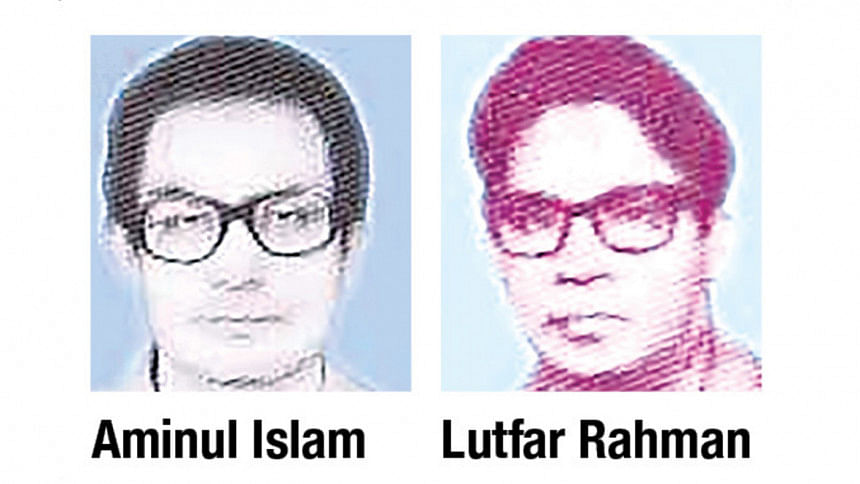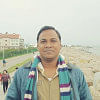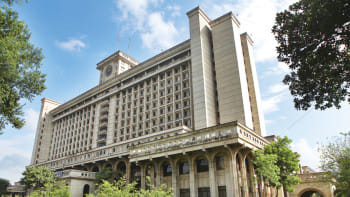The bell ringer of language movement

The seed of the historic language movement germinated in early 1948 with the people of Pabna staging agitation programmes including enforcement of hartal demanding the rightful place of Bangla.
"Protesting the remarks of Liakat Ali, the then prime minister of Pakistan, the people of Pabna brought out protest procession and called hartal on February 29 in 1948, demanding recognition of Bangla as a state language," said Professor Abdul Alim, former head of the Department of Bangla at Pabna University of Science and Technology and also a researcher of language movement.
A protest rally was organised at the residence of Dewan Lutfar Rahman, the then secretary of Muslim League, Pabna unit on February 26. The rally was also attended by left-leaning leaders, Alim said.
On February 27, 'Rashtra-Vasha Shangram Parishad' headed by him was formed at Pabna Town Hall premises, he said.
Leftist leaders Aminul Islam Badsha and Mahabubur Rahman were selected as joint conveners of the parishad which gave the movement an organisational shape, he added.
"Violating section 144, protest procession was brought out from Pabna Edward College. Police charged batons, ensuing clash with the agitators," Alim added.
Police picked up 40 protesters who were later released under continuous agitation of the people, he added.
Later, police arrested Aminul Islam Badsha, Mahabubur Rahman and Lutfar Rahman from their residence on the same night, said Alim.
"Following the spirited movement of 1948, people of Pabna also poured onto the streets in 1952 when we came to know the incident of Dhaka on the radio," said Ranesh Maitra, a language movement veteran.

Students along with the mass people then organised protest rally.
"Due to the mass movement, the then Pakistani police, however, did not dare to arrest anybody from the mass rally," Ranesh said.
"Although we could establish the right of our mother tongue, unfortunately we could not establish Bangla in every sector 70 years into the movement," he said.
"The spirit of language movement was to implement a unilateral education system which is still elusive. We have also failed to establish a secular society; we need to wage another movement to fulfill the spirit of the language movement," Ranesh went on.

 For all latest news, follow The Daily Star's Google News channel.
For all latest news, follow The Daily Star's Google News channel. 



Comments